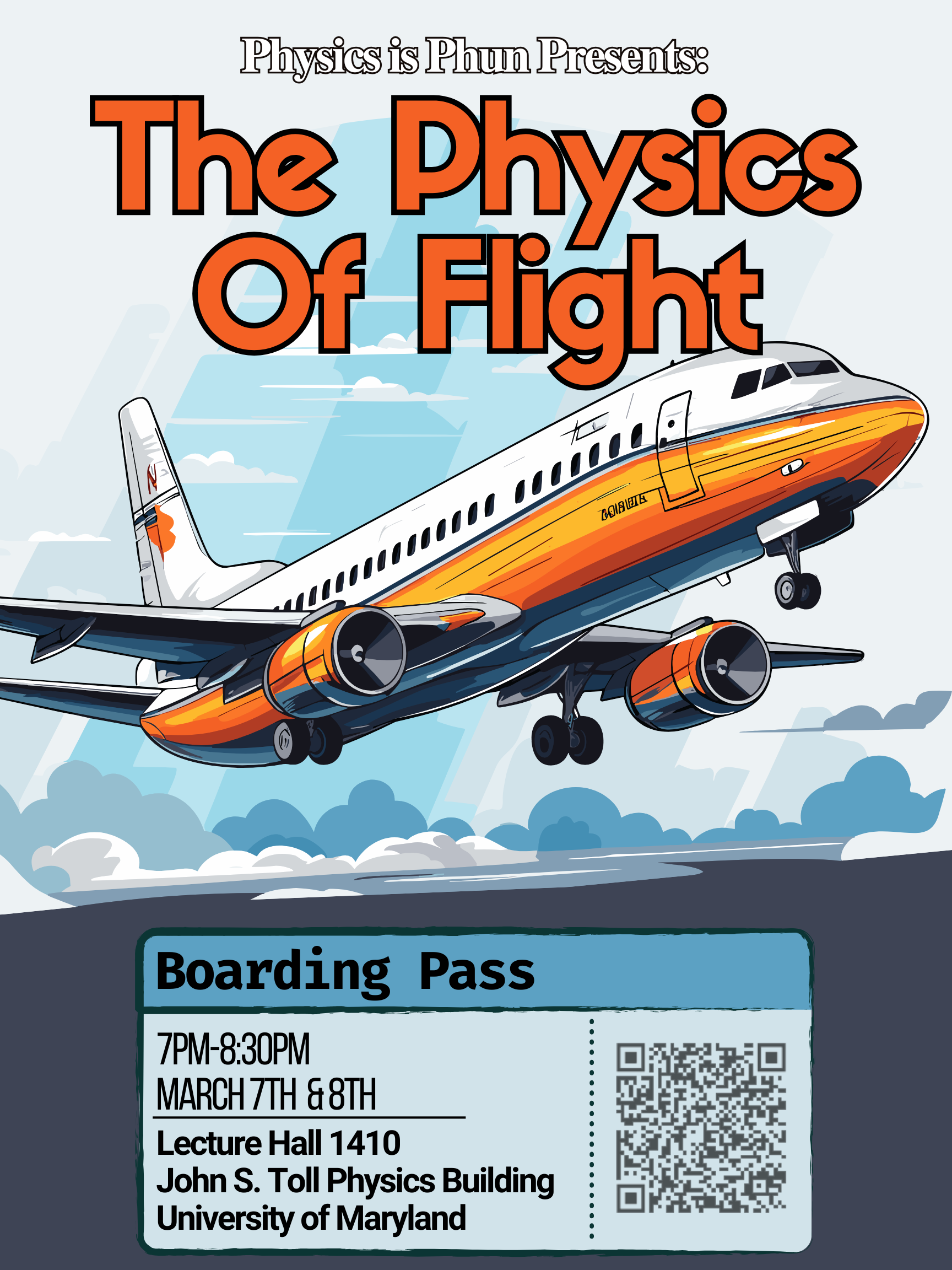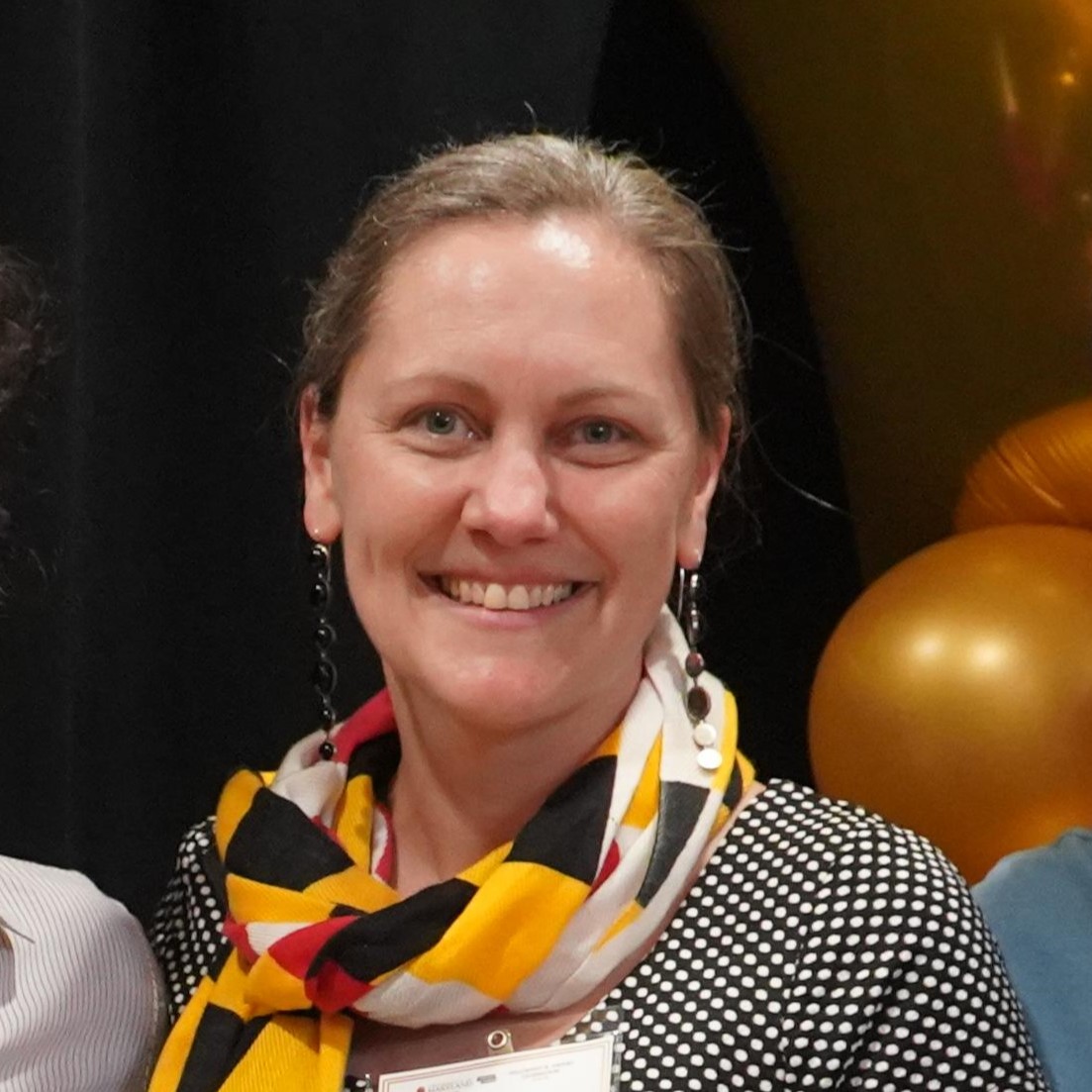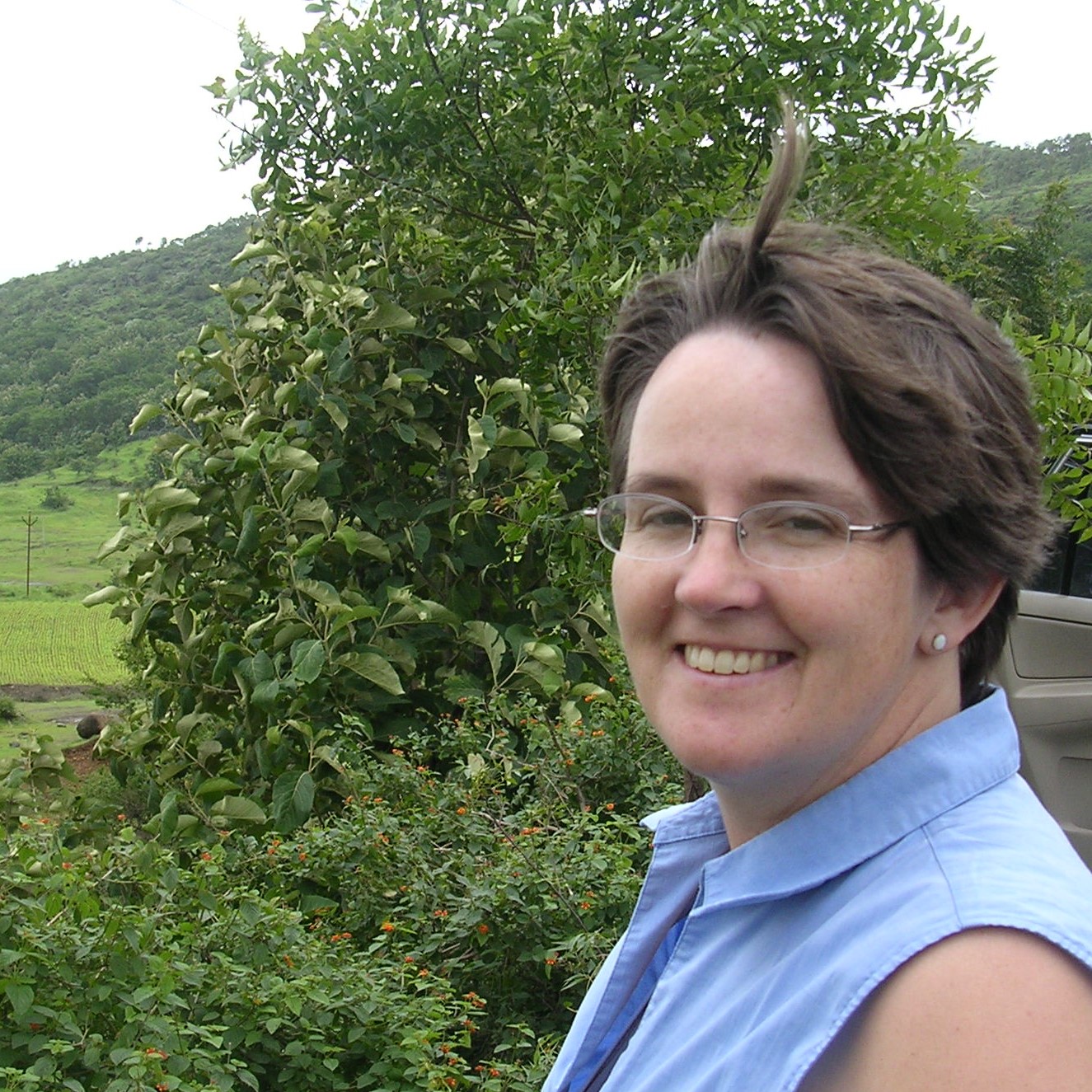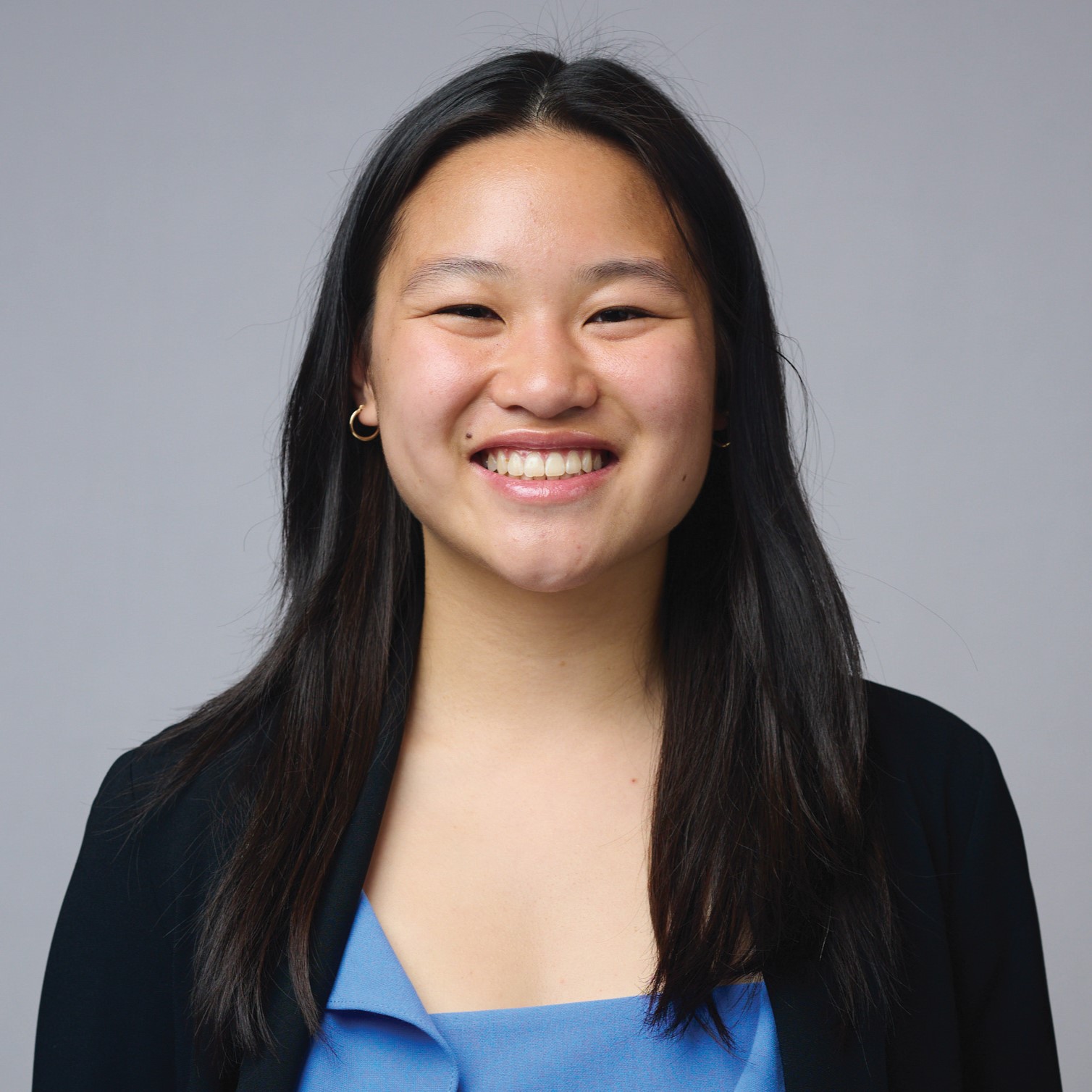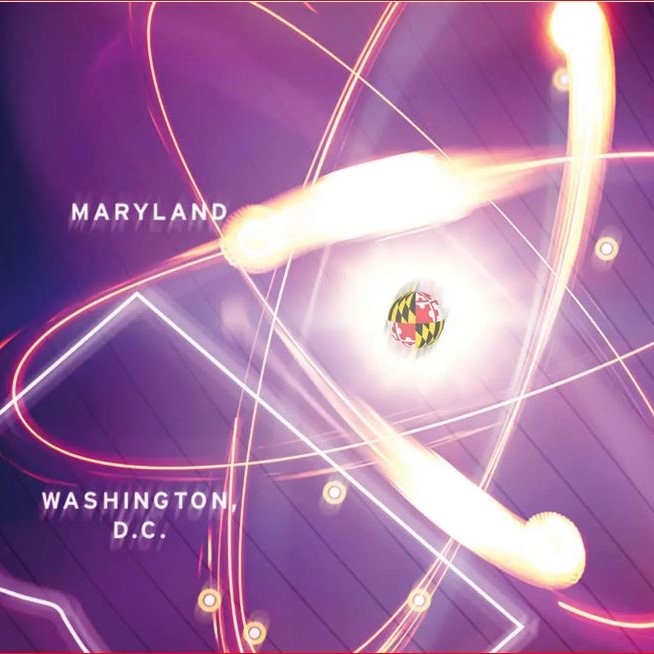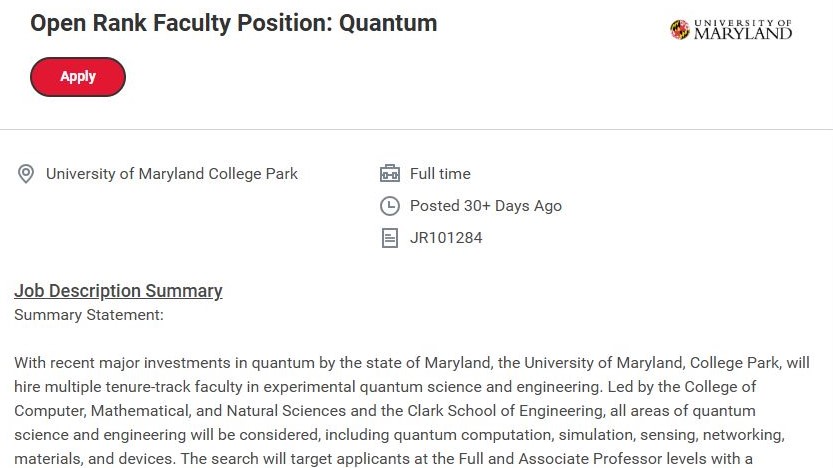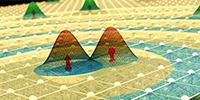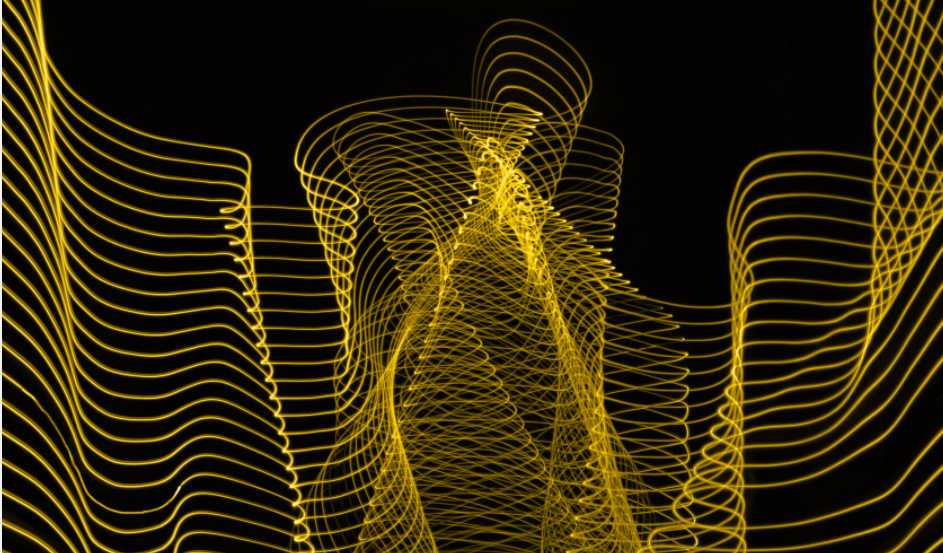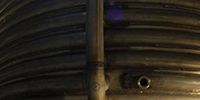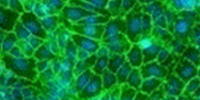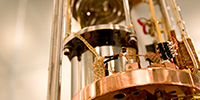May 1, 2012
Since the invention of femtosecond lasers and chirped pulse amplification (CPA) systems, short laser pulses with powers spanning from GW to PW have been widely used in almost every branch of science, leading to numerous discoveries andnovel techniques. This talk summarizes experimental research in two regimes of the laser intensities.
In the non-relativistic regime, a platform using sub-TW laser pulses has been developed for warm dense matter study. Warm dense matter (WDM) refers to a state of high-energy-density matter lying between condense matter and plasma where exotic behaviors occur, and both theoretical and experimental studies remain challenging at present. The ultrashort duration of laser pulses enables creation of non-equilibrium warm dense matter by isochoric laser heating ofnano-foils at low intensities (1012-1014 W/cm2). Measurements and techniques will be presented to show some new findings, including persistence of band structure upon ultrafast laser heating, temperature-dependence of electron-phonon coupling, and suppression of electron ballistic transport in warm dense matter.
As laser intensity increases above 1018 W/cm2, the oscillatory energy of electrons becomes comparable or even exceeds its restmass energy, marking the onset of relativistic physics. Relativistic laser-plasma interaction (LPI) is of broad interest in modern physics, withapplications ranging from particle acceleration, laboratory astrophysics, to fast ignition for inertial confinement fusion. It is found that total absorption of laser pulses by solid targets is strongly enhanced in the ultra-relativistic regime, reaching a surprisingly high level of ~ 90% at intensities above 1020 W/cm2. Both presence of preplasma and hole boring contribute to the high absorption. The dynamics of hole boring has been studied with a novel time-resolved diagnostic based on Frequency Resolved Optical Gating (FROG). The results for various scale lengths, pulse duration and target materials will be presented and the implication for fast ignition will be discussed.
-------------------------------------------------------------------------------------------------------------------------------------------------------------------------------------------------
Colloquia are held Tuesdays in Room 1410 at 4:00 pm (preceded by light refreshments at 3:30). If you have additional questions, please call 301-405-5946.







